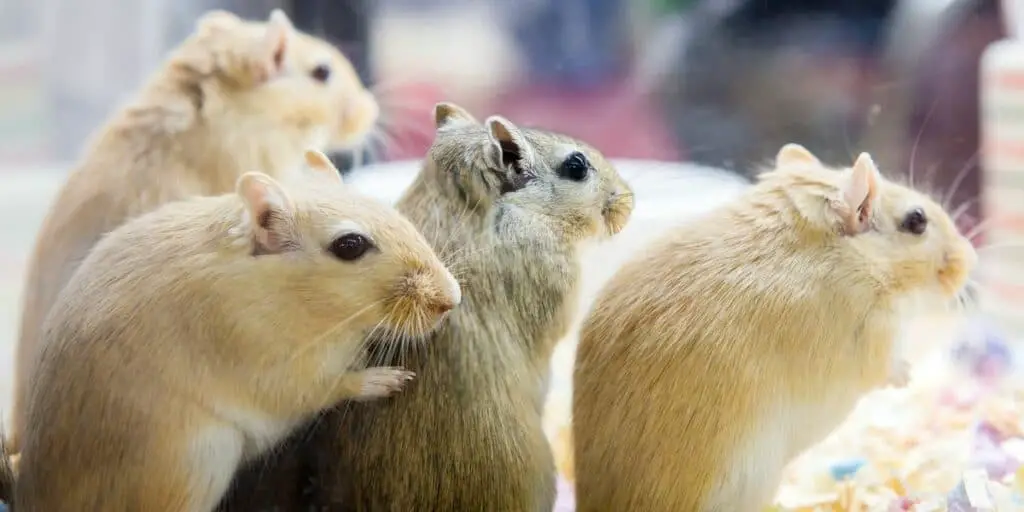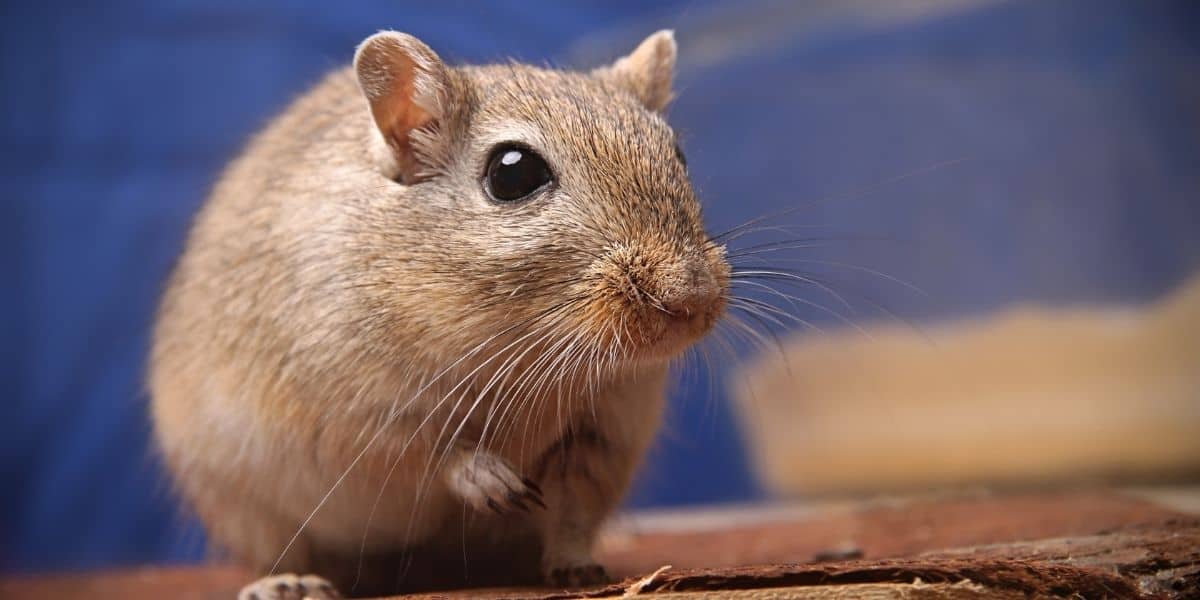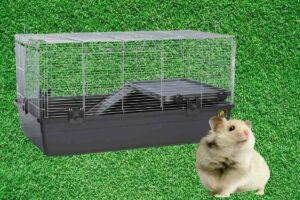When owning a pet, one of the most important factors that you need to consider is how long the pet is expected to live in captivity.
Some pets only have a lifespan of a few years whereas others (we’re looking at you tortoise) can even outlive the owner!
As this is such an important factor to consider, one of the most common questions that we see asked about gerbils is, how long do gerbils live?
A gerbil in captivity can be expected to live for 2-7 years on average. How long a gerbil will live depends on a few key factors, the first is general health which relates to the owner’s level of care to prevent illness and the second characteristic is the gerbil’s breed. The fat-tailed gerbil has an average lifespan of 5-7 years whereas a great gerbil has a lower lifespan of 2-4 years.
As prolonging the life of your pet and ensuring it leads a happy and healthy life is such an important factor, we’re going to cover how long you can expect your gerbil to live on average as well as ensuring it is healthy for the duration of its life.
Table of Contents
How Long Do Gerbils Live
When considering how long a pet gerbil will live, the most important factor that you need to consider is what the breed of a gerbil is. As with most creatures, different breeds will inherit different characteristics but also different lifespans.
When it comes to pet gerbils, there are two common breeds that we want to be concerned with and the below are expected lifespans for each (on average):
- Pachyuromys duprasi (Fat-tailed gerbil): 5-7 year lifespan on average
- Great gerbil (Mongolian gerbil): 2-4 year lifespan on average
Gerbils are one of the most popular pet options for children and first-time pet owners because their lifespan is typically less than 10 years which doesn’t carry the responsibility and pressure of long-term commitments that you get with other animals.

Gerbils are low maintenance and typically, easy to care for pets. For this reason, most owners should be able to provide their basic requirements in terms of food, water, shelter, and general care which will go a long way towards seeing them reach their average life expectancy.
Factors like the size of their cage and room to play and exercise are important.
Check out the cage we recommend here.
While the breed of a gerbil is the major factor that influences lifespan, as demonstrated by the fact that the more common Mongolian gerbil doesn’t live as long as the slightly less common fat-tailed gerbil, there are several other factors that contribute to this that you should be aware of.
Factors That Influence a Gerbils Lifespan
Certain factors (other than breed which we covered earlier) will heavily influence how long your gerbil lives for and below we have covered some of the most important factors for you to consider.
Care
This may seem like a simple observation, but the very act of owning a gerbil as a pet will already greatly increase its life expectancy. In the wild, gerbils need to cope with weather conditions, hunting for food, and worst of all, trying to avoid predators.
Just keeping a common Mongolian gerbil as a pet will already increase its life expectancy from a few months to a few years!
Providing food, shelter, and eliminating the threat of predators will heavily influence the lifespan of your gerbil and just covering the basics of nutrition, habitat cleaning/maintenance, and stress-free life is enough to see your gerbil live for the minimum expected number of years (typically 2+).
Dental Care
Rather surprisingly, the dental care of your gerbil can play a significant role in their health and lifespan. The reason for this is that a gerbil’s teeth never stop growing.
In the wild, a gerbil will self-regulate this by gnawing at rough items that grind their teeth down so in captivity, it’s important to provide you gerbil with chew toys and you should also monitor your gerbil’s teeth frequently.
Any issues with a gerbil’s teeth will lead to issues eating which will subsequently lead to health implications and illness so monitoring and maintaining their teeth throughout the entirety of their life is essential.
Company
Gerbils are social creatures and almost always can be found in groups. It’s therefore important when considering owning a gerbil that you also strongly consider owning more than one.
Gerbils living alone in isolation will get very lonely which leads to stress, depression, and even illness. All of these factors are known to lead to a reduced lifespan and should therefore be avoided if possible which means owning a small group of gerbils as a minimum requirement.
The best way to ensure a healthy and happy life right from the start is to own a pair of gerbils that are already familiar with each other. This allows for instant interaction which is of course a good thing but also for the reason that it reduces any issues that come with introducing new gerbils.
New gerbils will often fight over food and territory so it’s much easier to just adopt two that are already familiar with each other right from the start.
Gerbils do also like human interaction and the attention they receive so this is recommended and will contribute to the gerbil’s social nature.
Just ensure that any young children handling a gerbil are trained to do so safely and will minimize stress to the gerbil as again, you don’t want to cause them any stress or potential harm.
Final Thoughts
As with most pets, their lifespan will be a combination of genetic factors that are already determined based on their breed (though there will always be expectations just like humans living 100+ years of age) and also the care and quality of life that an owner provides them in captivity.
Gerbils are no different and due to a shorter lifespan than a lot of other pets, they are often considered to be starter pets or for those that can’t yet make a long-term pet commitment but will still like the company of a small companion.
While a gerbil can live from 2-7 years depending on the breed, a common average in captivity is 3-4 years.
Diet, regular cleaning of their environment, and monitoring general characteristics (weight, appetite, and activity levels) are things that will ensure your gerbil lives a full life.
It’s important to note that this is usually for gerbils living in small groups which should therefore be a key consideration as a gerbil living alone will usually have a reduced lifespan even in captivity.











